Truth, as we have learnt for centuries, has never been merely about factual details. It can tell us who lived or died, won or lost, but its interpretation is intrinsically connected to the narrator’s background and biases. Besides, it’s not always a matter of choice but a privilege to be able to share one’s story. Therefore, it can lead people to be put into convenient boxes, where even resistance is termed as terrorism simply because the narrators shape how the world perceives reality. That’s why the voices, beyond the privileged narrators’, need to be heard, for their stories to be realized without any hazy obfuscation.
Sepideh Farsi’s documentary, “Put Your Soul on Your Hand and Walk” (2025), does the same job. It shares a deeply personal story beneath the fog of unreliable reports that have been circulating in the Western media for more than two years. Up until a few months ago, they refused to speak about the severe destruction in Gaza, let alone expose the culprits in this dehumanizing tragedy.
Even the so-called progressives, in such cases, stayed away from commenting on the plight of the Palestinians, ignoring or looking down on their suffering without a shred of remorse. Therefore, Farsi’s film about a 20-something Palestinian photographer’s first-person account becomes a much-needed documentation of the world she was left to contend with.
Farsi speaks with Fatma Hassona, a woman in her mid-20s, who was living with her family amid the continuing destruction of her homeland by the Israeli forces. During this time, she pursued her interest in photography, capturing moments of their everyday lives. Under siege, she could not move around freely in her own city and lived under a constant fear of losing her life. Helicopters hovered over her house, as everyone else’s, leaving them with no respite from the oppressive forces. The noise, rubble, and constant surveillance became a part of her daily life, which she had to endure to find some sort of normalcy.
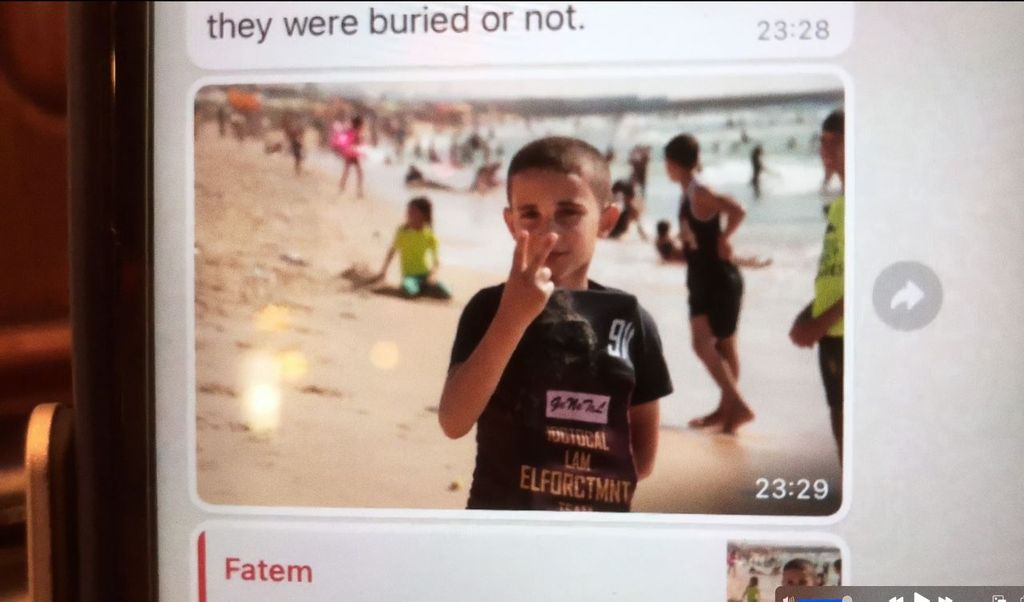
Also Read: Gaza Mon Amour [2020]: ‘TIFF’ Review – An unconventionally charming romance amidst police discourse
Farsi’s film does not necessarily expose the morbid reality of Gaza as much as it reveals what it would be like to survive through it. She compiles some of her discussions with Fatma from the time she got in touch with her in 2024. They reveal the things that we have been reading and seeing online about the inhumane practices by the occupying forces, which led to the deaths of men, women, and children who were living there, besides the healthcare workers or journalists who wanted to help the locals with all they had. Some of these details were covered by news reports, although from the occupier’s perspective.
Farsi and Fatma’s video calls take us far beyond the impersonal nature of those reports to present the brutality of war up close in Gaza. Their conversations touch upon all topics of the situation on the ground. The conversations also illuminate us on Fatma’s resilience and optimism despite the nature of her circumstances. During these calls, Fatma speaks with a smile on her face that shines with her hope for a future where bombs do not occupy her daily life.
It is already horrifying to see the destruction not being condemned by people outside the borders. It is just as horrifying to see these unpredictable and relentless attacks as part of Fatma’s daily mindscape. She couldn’t escape them even if she hoped to, and there was nothing she could realistically do to put an end to this situation. Farsi investigates the nature of this dehumanizing sense of normalcy through dissociation, stemming not from willful ignorance of people from the rest of the world but from a sheer hope for survival. The frightening dissociation from constant attacks becomes almost a shield for her mind to maintain her sense of sanity.
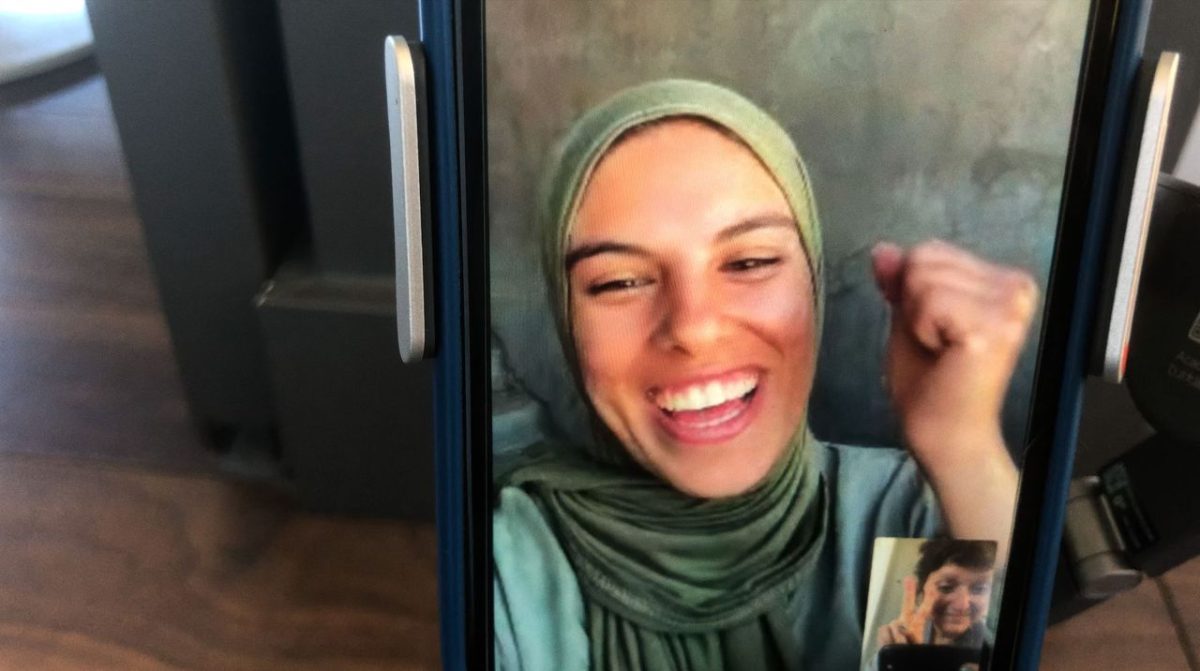
Check Out: The Encampments (2025) Documentary Review: A potent and powerful look at Columbia University’s Pro-Palestinian movement
Farsi’s perspective as an Iranian woman who had to flee her homeland for safety adds another layer to this documentation. So, the topics of their discussions range from their hopes and dreams to their belief systems. At one point, Fatma mentions wanting to travel to Tehran, where Farsi cannot return due to the threat of imprisonment. So, faith became a barrier for some, whereas a liberating force for others.
Despite the occasional difference of opinion, Farsi leads her dialogue with curiosity and appears as a friendly presence in Fatma’s life, and a window to the outside world. Her film oozes with the emotional warmth they feel for each other. That personal touch brings us closer to a tangible sense of Fatma’s world, filled with traces of her past that had become unrecognizable through the bombardment.
Farsi juxtaposes Fatma’s world with hers in France, showing the interior of her house and a view outside her window, virtually devoid of the numbing nature of Fatma’s reality. So, even the silences or gaps in their communication appear laced with subtext. Some can choose to close the windows and curtains, while others are forced to deal with a life without them.
Farsi manages to convey that without sophisticated tools of shooting, letting underexposed or pixelated footage of video calls with abruptions reveal the truth beyond the words. It goes in contrast with Fatma’s striking photographic work, showing her eye for beauty with a keen understanding of light and framing.
So, Farsi’s intimate documentation leaves us with a pang for her talent that did not get a proper chance to shine while she was alive. Shortly after the announcement of the doc’s Cannes premiere, Fatma and her family lost her life to a strike. The film, however, isn’t about the fragility of life as much as about the unchecked and unquestioned control of authorities in power.



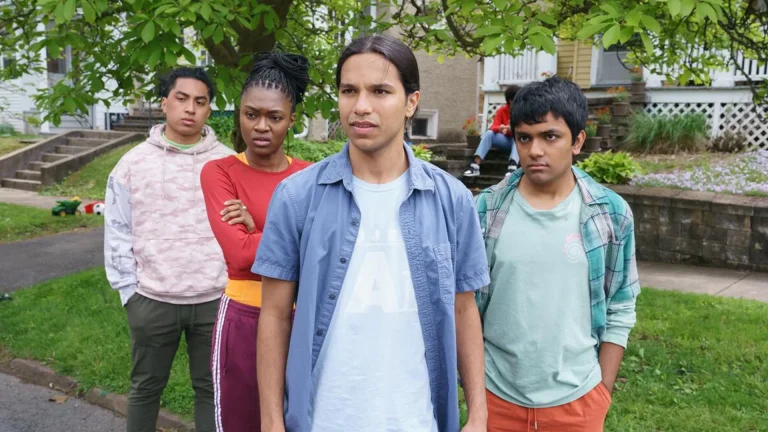
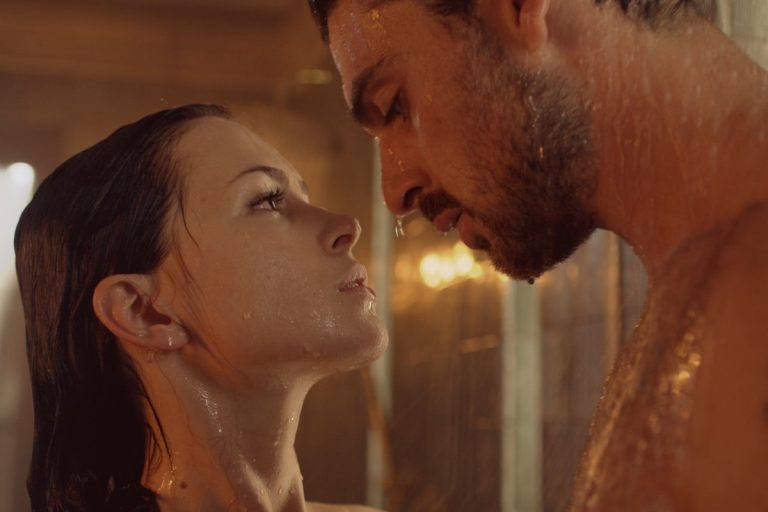

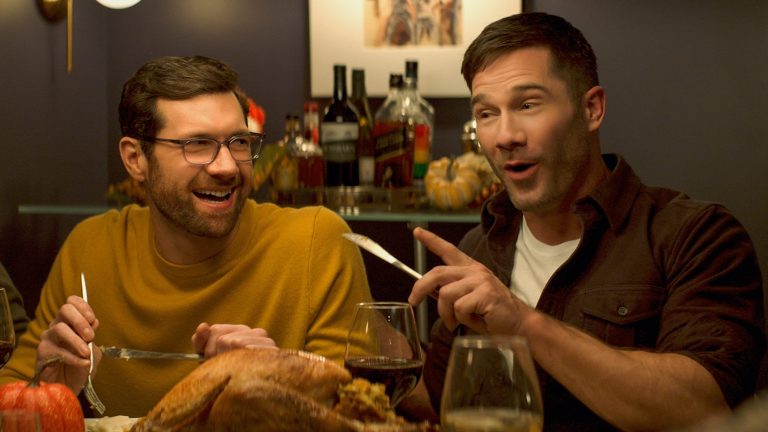
![Identifying Features [2020] Review: A story of a mother looking for her son](https://79468c92.delivery.rocketcdn.me/wp-content/uploads/2021/06/Identifying-Features-1-highonfilms-768x384.jpg)
